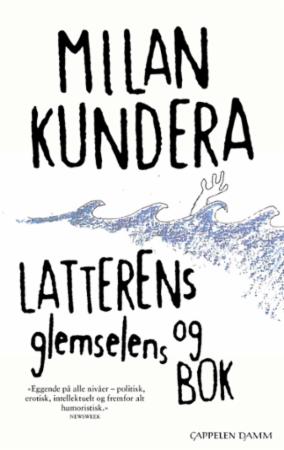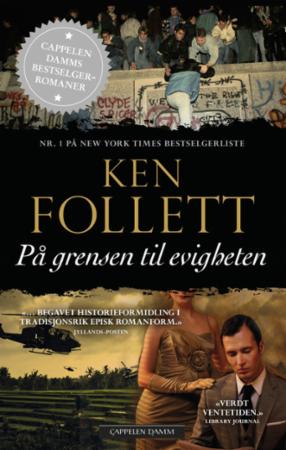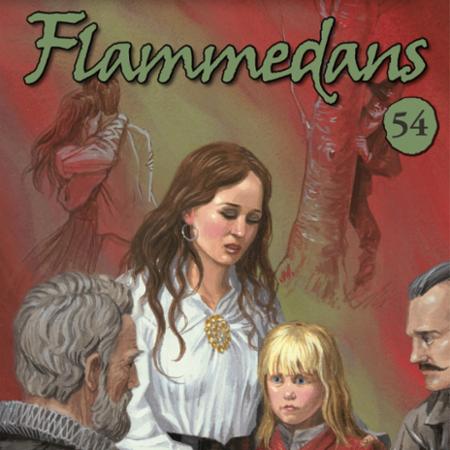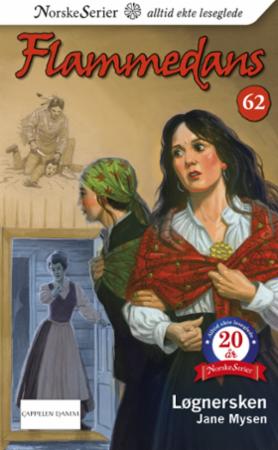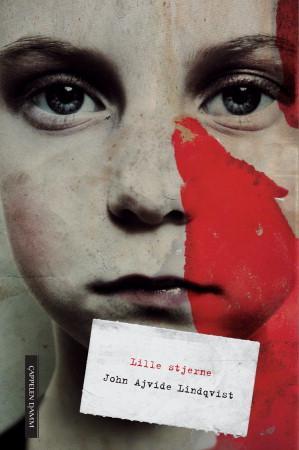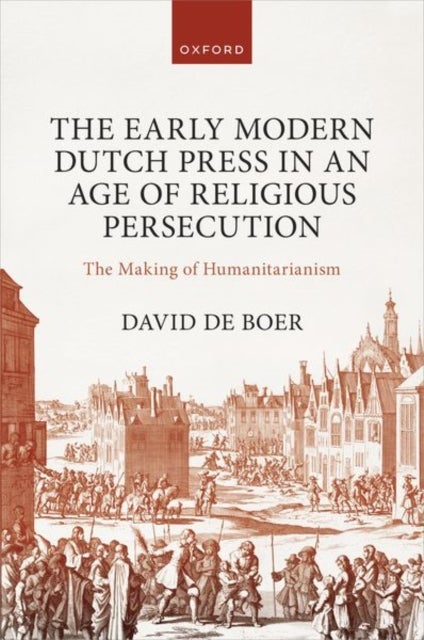
The Early Modern Dutch Press in an Age of Religious Persecution av Dr David (Lecturer Lecturer University de Boer
899,-
This is an open access title available under the terms of a CC BY-NC-ND 4.0 International licence. It is free to read at Oxford Scholarship Online and offered as a free PDF download from OUP and selected open access locations.For victims of persecution around the world, attracting international media attention for their plight is often a matter of life and death. This study takes us back to the news revolution of seventeenth-century Europe, when people first discovered in the press a powerful new weapon to combat religiously inspired maltreatments, executions, and massacres. To affect and mobilize foreign audiences, confessional minorities and their advocates faced an acute dilemma, one that we still grapple withtoday: how to make people care about distant suffering? David de Boer argues that by answering this question, they laid the foundations of a humanitarian culture in Europe.As consuming news became an everyday practice for many Europeans, the Dutch Republic emerged as an interna

